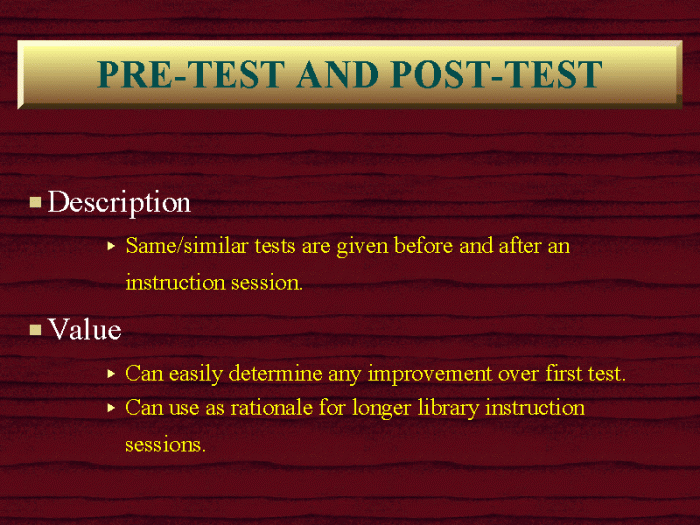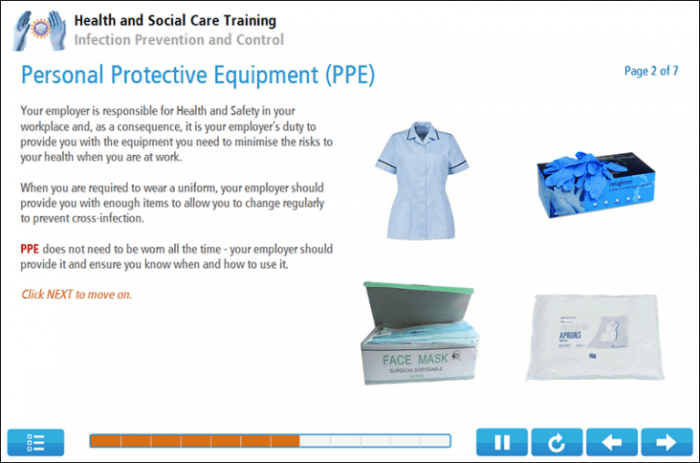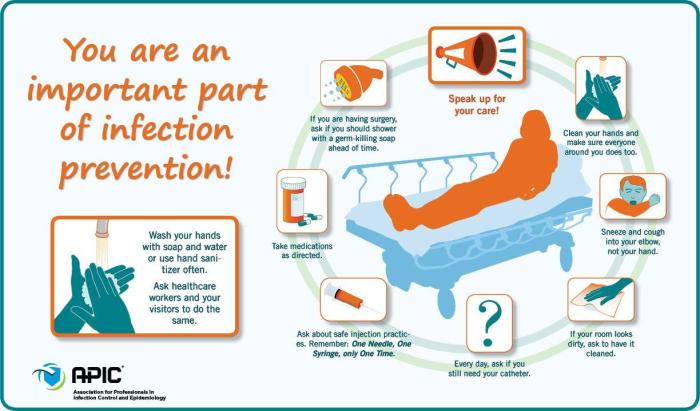The Skills Module 3.0 Infection Control Posttest is an essential assessment tool designed to evaluate the understanding and application of infection control principles among healthcare professionals. This posttest serves as a crucial component in ensuring adherence to best practices, minimizing the risk of infections, and promoting patient safety in healthcare settings.
Through a comprehensive examination of infection control principles, personal protective equipment (PPE) usage, environmental control measures, waste management strategies, outbreak management protocols, and education and training initiatives, the Skills Module 3.0 Infection Control Posttest empowers healthcare professionals with the knowledge and skills necessary to effectively prevent and control infections.
Infection Control Principles and Practices
Infection control is a critical component of healthcare delivery, aimed at preventing the transmission of infections among patients, healthcare workers, and visitors. Fundamental principles include:
- Standard precautions: Treating all blood, body fluids, secretions, excretions, and non-intact skin as potentially infectious.
- Hand hygiene: Frequent handwashing with soap and water or alcohol-based hand rub is essential to prevent the spread of infections.
- Personal protective equipment (PPE): Using appropriate PPE, such as gloves, gowns, masks, and eye protection, to protect healthcare workers from exposure to infectious agents.
- Environmental cleaning and disinfection: Regularly cleaning and disinfecting surfaces, equipment, and patient care areas to eliminate potential sources of infection.
- Waste management: Proper disposal of infectious waste to prevent contamination and potential transmission.
- Outbreak management: Establishing protocols for early detection, investigation, and control of outbreaks to minimize their impact.
Personal Protective Equipment (PPE)

PPE is essential in preventing the transmission of infections. Different types of PPE include:
- Gloves: Protect hands from contact with infectious materials.
- Gowns: Protect clothing and skin from exposure to blood, body fluids, or other infectious materials.
- Masks: Prevent inhalation of airborne pathogens.
- Eye protection: Shields eyes from splashes or droplets containing infectious agents.
Proper donning and doffing procedures are crucial to ensure PPE integrity and prevent contamination. It involves:
- Inspecting PPE for tears or defects.
- Putting on PPE in a clean, designated area.
- Removing PPE carefully, avoiding contact with potentially contaminated surfaces.
- Disposing of PPE properly in designated containers.
Environmental Control
Environmental control plays a vital role in infection prevention. Principles include:
- Regular cleaning and disinfection of surfaces, equipment, and patient care areas.
- Use of disinfectants effective against a broad spectrum of microorganisms.
- Maintaining proper ventilation and air quality to reduce the spread of airborne pathogens.
Waste Management

Proper waste management is crucial to prevent infection transmission. Categories of healthcare waste include:
- Infectious waste: Materials contaminated with blood, body fluids, or other infectious materials.
- Sharps waste: Needles, scalpels, and other sharp objects that can cause cuts or punctures.
- Pathological waste: Human tissues, organs, or body parts removed during surgery or autopsy.
Each waste category has specific disposal methods to minimize the risk of infection. Sharps safety measures include using sharps containers and proper disposal techniques to prevent needlestick injuries.
Outbreak Management: Skills Module 3.0 Infection Control Posttest

Outbreak management involves:
- Early detection and investigation of suspected outbreaks.
- Implementing control measures to prevent further spread, such as isolation, contact tracing, and vaccination.
- Surveillance and monitoring to track the outbreak and evaluate the effectiveness of control measures.
Education and Training
Education and training are essential to ensure healthcare professionals adhere to infection control practices. Methods include:
- Formal training programs and workshops.
- On-the-job training and mentoring.
- Regular updates and reminders on infection control guidelines.
Competency assessments evaluate healthcare professionals’ understanding and adherence to infection control practices.
Key Questions Answered
What is the purpose of the Skills Module 3.0 Infection Control Posttest?
The Skills Module 3.0 Infection Control Posttest is designed to assess the understanding and application of infection control principles among healthcare professionals.
What topics are covered in the Skills Module 3.0 Infection Control Posttest?
The posttest covers a comprehensive range of infection control topics, including infection control principles, personal protective equipment (PPE) usage, environmental control measures, waste management strategies, outbreak management protocols, and education and training initiatives.
How can I prepare for the Skills Module 3.0 Infection Control Posttest?
To prepare for the posttest, it is recommended to thoroughly review infection control principles and practices, as Artikeld in the Skills Module 3.0 Infection Control curriculum.